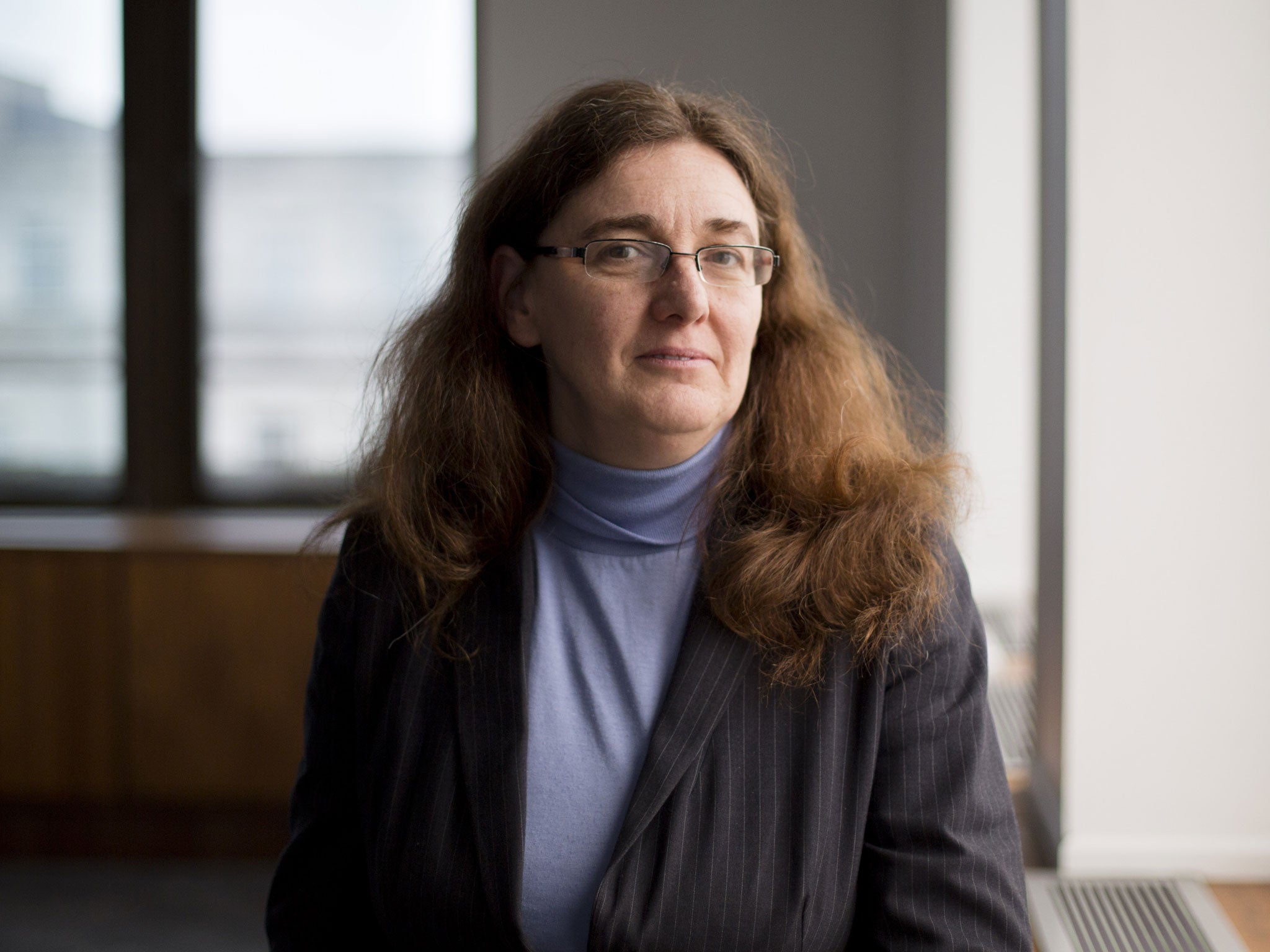Exclusive: Outstanding schools struggle to fill headteacher jobs because applicants ‘can’t spell’
Just over half of the schools also say they have found it difficult to recruit governors with suitable skills

Your support helps us to tell the story
From reproductive rights to climate change to Big Tech, The Independent is on the ground when the story is developing. Whether it's investigating the financials of Elon Musk's pro-Trump PAC or producing our latest documentary, 'The A Word', which shines a light on the American women fighting for reproductive rights, we know how important it is to parse out the facts from the messaging.
At such a critical moment in US history, we need reporters on the ground. Your donation allows us to keep sending journalists to speak to both sides of the story.
The Independent is trusted by Americans across the entire political spectrum. And unlike many other quality news outlets, we choose not to lock Americans out of our reporting and analysis with paywalls. We believe quality journalism should be available to everyone, paid for by those who can afford it.
Your support makes all the difference.Outstanding schools are struggling to recruit suitably talented headteachers and senior staff – with some applications for headships littered with spelling and grammar errors.
Emma Knights, chief executive of the National Governors Association, told The Independent that applications from experienced teachers for top roles were often “really badly completed”, with some candidates even spelling the name of the school incorrectly.
“Sometimes, it’s basic grammar that’s wrong,” she added.
Figures show that more than one in four schools have found it “very difficult” to recruit senior staff – at a time when Education Secretary Michael Gove is pinning his hopes on revitalising schools with high-calibre heads. In addition, just over half the schools say they have found it difficult to recruit governors with suitable skills.
The statistics come at a time when governing bodies are being given increased responsibilities over performance-related pay for teachers and even the running of academies and free schools.
Ms Knights said the problem areas for recruiting heads were faith schools, in particular Catholic, small rural schools and those ranked as “outstanding” by education standards watchdog Ofsted.
“With outstanding schools, they [potential applicants] may think the only way to go is down, whereas it is easier for them to make their mark with those that require improvement,” said Ms Knights.
With faith schools, particularly the Catholic schools, the problem lies with the strict requirement that the head should practise the faith, she added. Describing the problems some governors had encountered with heads’ application forms for interviews, she said: “I don’t know whether it’s because school leaders haven’t necessarily had to apply for a lot of jobs, perhaps there’s no familiarity with going through that process, but sometimes applications are really badly completed.
“They should check their grammar. You don’t expect a school leader to be told to put the apostrophe in the right place, or their capital letters are in the right place, or they’ve got the school name right.” She added that deputy heads might be put off applying by the constant stress of the “high stakes” nature of the job.
“It is an interesting dilemma but perhaps we, as governors, ought to be putting in more effort so that heads or prospective heads don’t feel they’re stepping into a complete cauldron,” she said. “We’re seeing more stories of heads who appear to have to walk away after Ofsted reports or after exam results and a deputy might feel, ‘I’d rather stay where I am’.”
One solution might be an increase in the number of federations of schools, particularly in rural communities, so that headteachers could take over the running of a number of schools.
On recruitment to governing bodies, Mrs Knights added: “One of the biggest issues is the amount of time we’re asking them to give to the school. There is a real worry the day will come when full-time employees cannot chair governing bodies.”
The recruitment difficulties throw into question how well Mr Gove can deliver on his oft-declared aim of giving heads and governing bodies more autonomy and freedom to run their own affairs.
A spokeswoman for the Department for Education said: “It is vital all schools find the right head with the skills and expertise to suit their individual circumstances.
“The growing network of teaching schools is helping the next generation of great heads as they identify teachers with potential for headship.”
Join our commenting forum
Join thought-provoking conversations, follow other Independent readers and see their replies
Comments